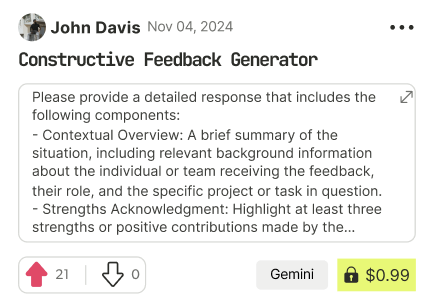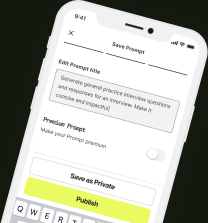Effective Exam Preparation in Two Weeks: A Comprehensive Guide
Preparing for exams in two weeks requires a strategic plan to manage time, prioritize subjects, and retain information efficiently. This comprehensive guide provides actionable steps to help students make the most of their study time and achieve their desired results.
I. Set Clear Goals and Create a Study Schedule
1. Identify the exams you need to prepare for, including the dates, times, and subjects.
2. Set specific, measurable, achievable, relevant, and time-bound (SMART) goals for each exam.
3. Create a study schedule that allocates sufficient time for each subject, leaving some buffer for unexpected events.
4. Prioritize subjects based on your strengths, weaknesses, and the exam weightage.
II. Manage Time Effectively
1. Break Down Study Sessions: Divide study sessions into manageable chunks (e.g., 45-minute study + 10-minute break).
2. Use a Pomodoro Timer: Work in focused, 25-minute increments, followed by a 5-minute break.
3. Schedule Breaks: Take regular breaks to recharge and prevent burnout.
4. Avoid Multitasking: Focus on one subject at a time to maintain concentration and retain information better.
III. Prioritize Subjects
1. Identify Key Topics: Focus on the most critical topics and chapters for each subject.
2. Create a Priority List: Rank subjects based on your strengths, weaknesses, and the exam weightage.
3. Allocate Time Proportionally: Assign study time based on the priority list and exam weightage.
IV. Retain Information Efficiently
1. Use Active Learning Techniques: Engage with study materials through summarizing, self-quizzing, and elaboration.
2. Visualize Concepts: Use diagrams, flowcharts, and mind maps to help you understand complex concepts.
3. Practice Past Exams: Familiarize yourself with exam formats and practice answering questions under timed conditions.
4. Review Regularly: Schedule regular review sessions to reinforce learning and identify areas for improvement.
V. Stay Organized and Motivated
1. Use a Planner or Calendar: Keep track of study sessions, deadlines, and appointments.
2. Create a Study Space: Designate a quiet, comfortable study area with minimal distractions.
3. Seek Support: Share your study plan with friends or family and ask for their support and encouragement.
4. Reward Yourself: Set small rewards for achieving study milestones to maintain motivation.
VI. Take Care of Your Physical and Mental Health
1. Eat a Balanced Diet: Fuel your brain with nutritious food to maintain focus and concentration.
2. Stay Hydrated: Drink plenty of water throughout the day to prevent dehydration.
3. Exercise Regularly: Engage in physical activities to reduce stress and boost energy levels.
4. Get Enough Sleep: Aim for 7-8 hours of sleep each night to help consolidate learning and prevent burnout.
By following this comprehensive guide, students can develop effective strategies for managing time, prioritizing subjects, and retaining information efficiently. Remember to stay flexible and adapt the plan as needed to ensure a successful exam preparation experience.

Find Powerful AI Prompts
Discover, create, and customize prompts with different models, from ChatGPT to Gemini in seconds

Simple Yet Powerful
Start with an idea and use expert prompts to bring your vision to life!
